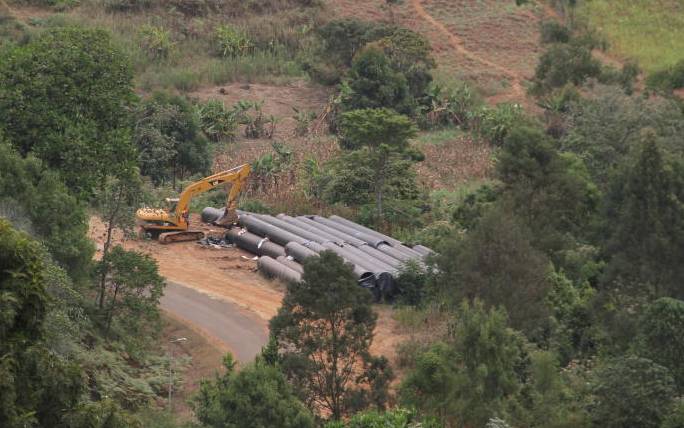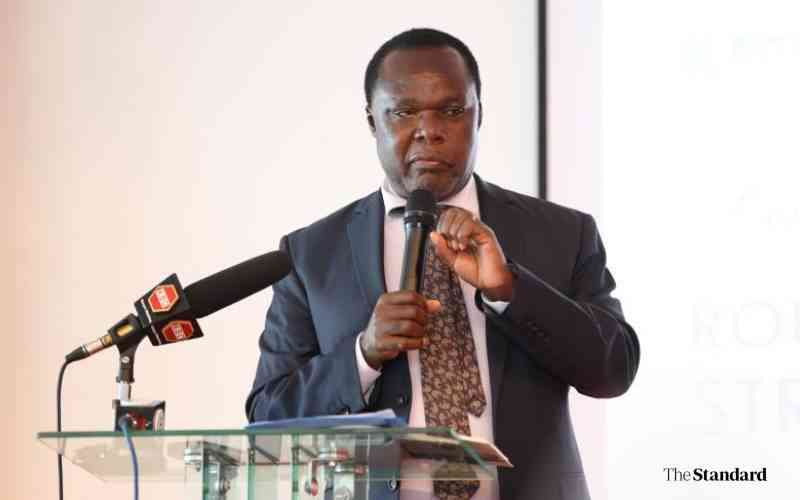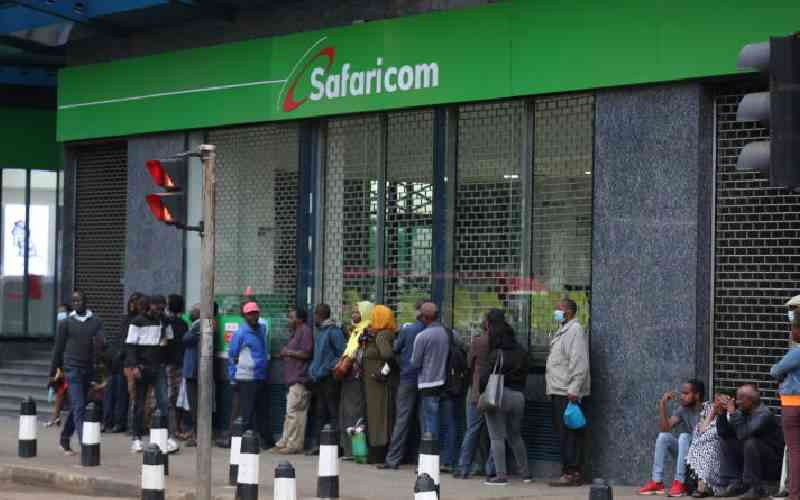×
The Standard e-Paper
Smart Minds Choose Us

Water pipes being of the Northern Collector Water Tunnel from Murang'a to Ndakaini dam to increase water levels. Water level dropped at Ndakaini dam due to short rainfall last year and beginning of this year. [Edward Kiplimo,Standard]
Perennial water shortage in Nairobi and its environs could ease once a Sh6.5billion project is complete.







